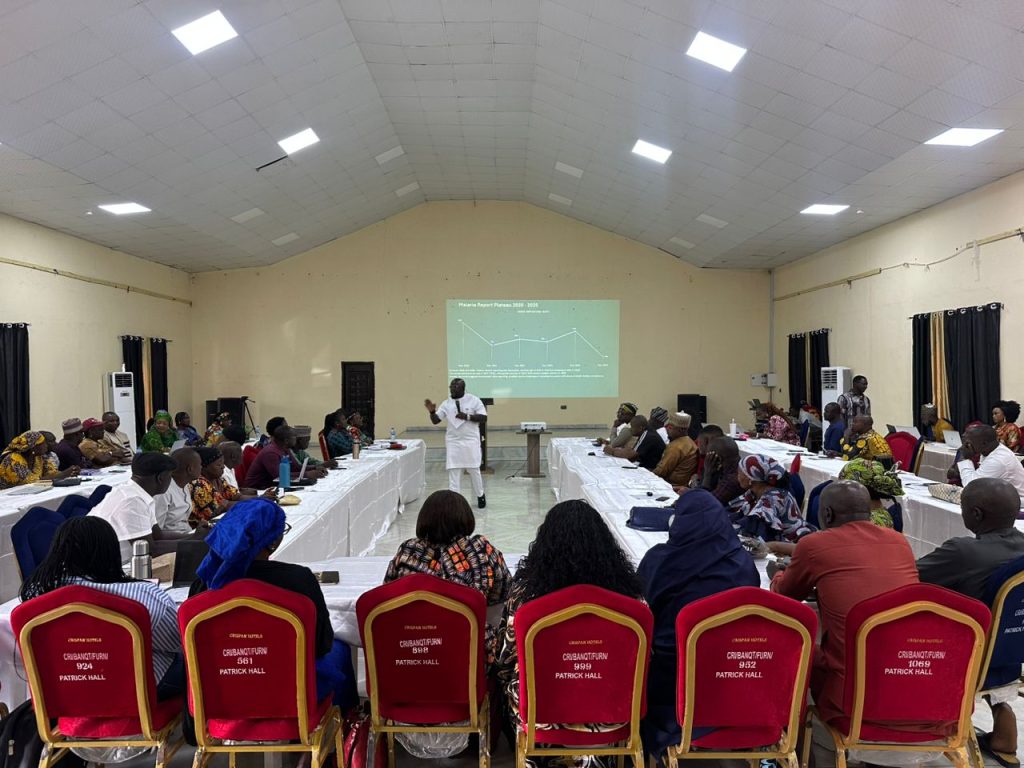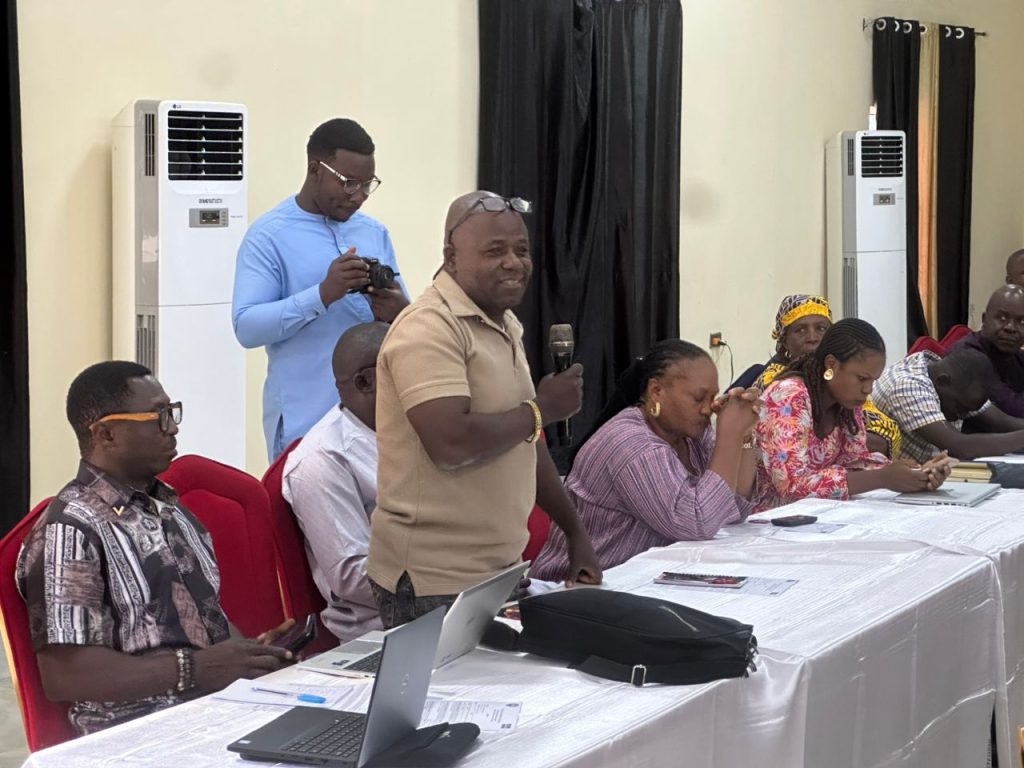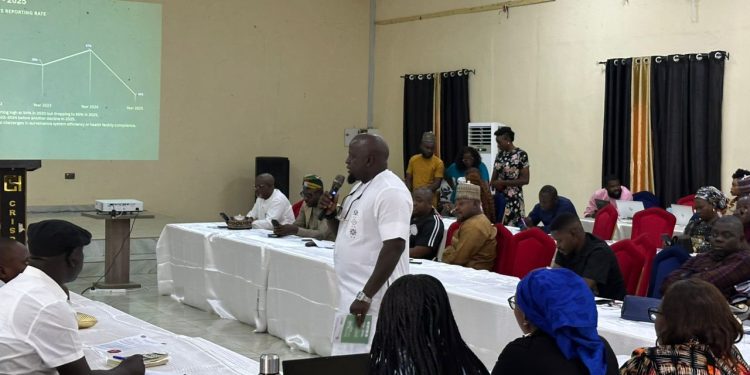The Plateau State Ministry of Health, through its State Malaria Elimination Programme (SMEP), on Monday held the 2025 Seasonal Malaria Chemoprevention (SMC) End-of-Round Review Meeting at Crispan Hotels and Apartments, Jos. The session assessed the implementation of the SMC campaign across all 17 local government areas and reviewed data, achievements, and challenges recorded between June and October 2025.
The meeting featured presentations on the 2025 implementation performance, including state malaria data from HMIS, supply chain management, administrative coverage from EOC and DIGIT, as well as discussions on successes, challenges, and recommendations for the next cycle.
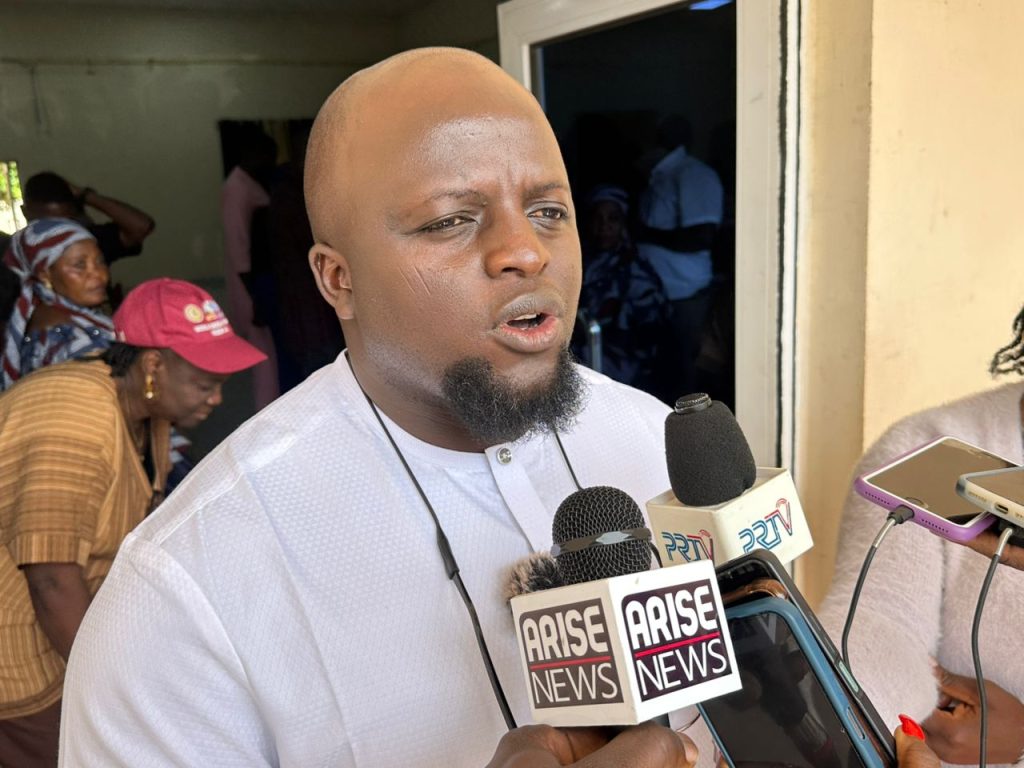
Speaking at the event, SMEP Programme Manager NDAK Kizito explained that the SMC campaign—administered to children under 5years —aims to drastically reduce malaria cases during the rainy season when prevalence is highest.
“This medication is given during the peak of the rainy season because that is when malaria transmission is at its highest,” he said. “No child under five should die of malaria. With prevention as our priority, we deployed about 7,878 community drug distributors across the 325 wards in the state to administer the medication house-to-house.”
Kizito noted that Plateau State emerged first among all SMC implementing states in Nigeria, a feat he attributed to strong political will, community engagement, and timely government counterpart funding.
He highlighted the unique involvement of the First Lady, Barr. Helen Manasseh Mutfwang, appointed as the SMC Ambassador, alongside the wives of all 17 LGA chairmen who served as SMC advocates. This, he said, increased awareness and encouraged parents to present their children for treatment.
Looking ahead to 2026, he emphasized the importance of sustaining the programme beyond donor support. “We must prepare for a future where Malaria Consortium may no longer be on ground. Sustainability plans are key,” he added.
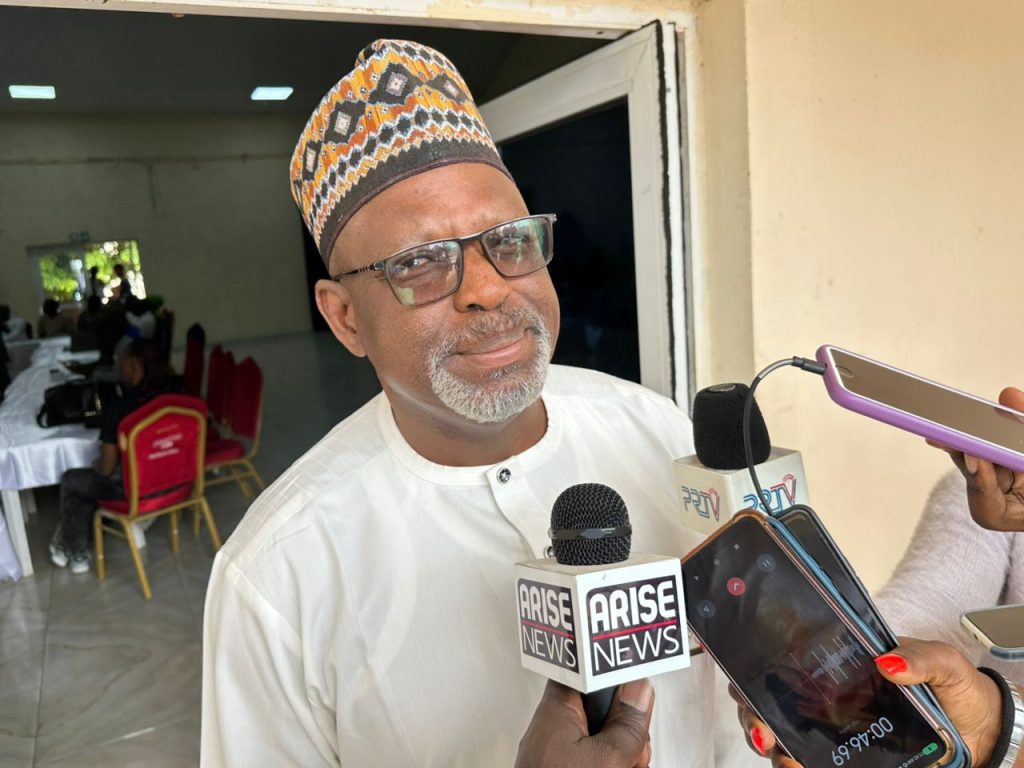
Permanent Secretary of the Ministry of Health, Bitrus Hosea, commended the state’s impressive performance, noting that Plateau has maintained top ranking for two consecutive years.
“From the statistics presented, Plateau is doing exceptionally well. The strategies we adopted, including learning from best practices and improving implementation patterns, have clearly yielded results,” he said.
He urged participants to continue supporting government efforts to maintain the state’s leading position.
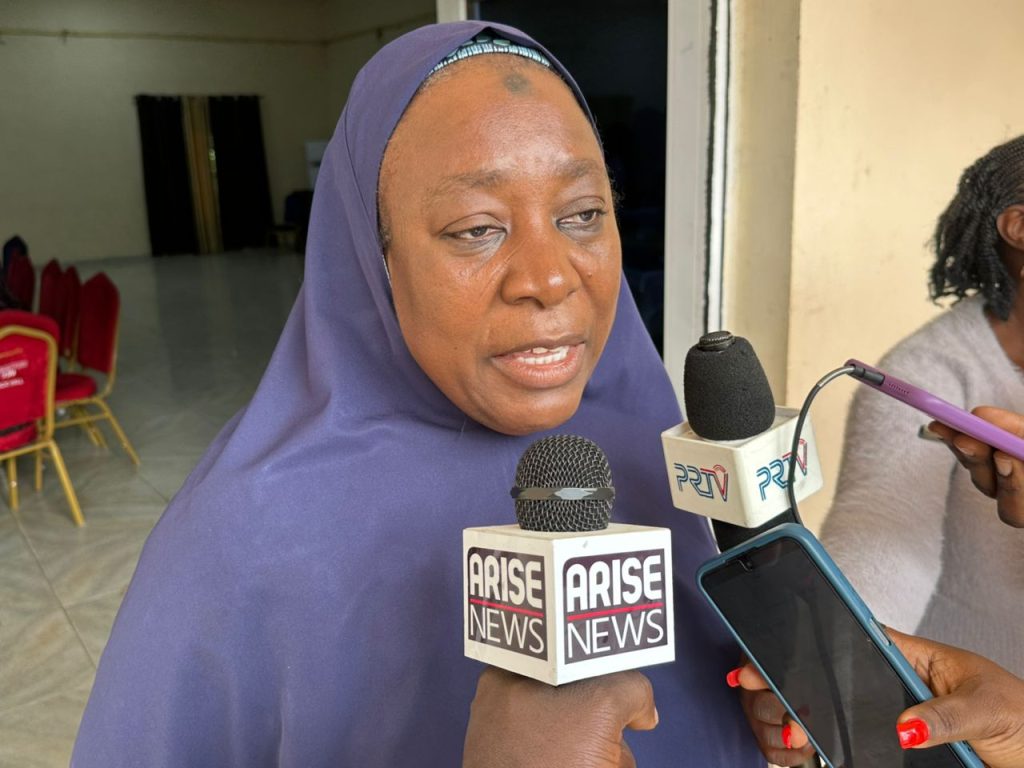
Also speaking, Rakiya Hassan Kadel, Malaria Focal Person for Wase LGA, expressed gratitude for the support of Malaria Consortium, saying the intervention has significantly reduced cases of anemia, convulsions, and severe malaria among children under five.
She noted that digitalization introduced in the last two years has improved payment processes and data accuracy. “We expect continued digital implementation and more SP+AQ drugs next year due to rising child population,” she added.
The Malaria Focal Person for Jos North LGA, Rayi Lawrence Bitrus, reported improved malaria data quality and reduced disease burden, despite earlier challenges with PMI support. He emphasized the need for government provision of digital tools such as laptops and increased staffing to improve data management.
This year’s review brought together stakeholders including senior officials from the State Ministry of Health, SMEP staff, Director of Public Health, heads of PLASCHEMA and DMA, Executive Secretary of the Primary Healthcare Board, Directors of Primary Healthcare from the 17 LGAs, Roll Back Malaria Managers, field officers from Malaria Consortium, and other SMC programme staff.
The meeting concluded with commitments to strengthen supervision, enhance digital reporting, improve logistics, and sustain the gains recorded as Plateau State prepares for the 2026 SMC round.
